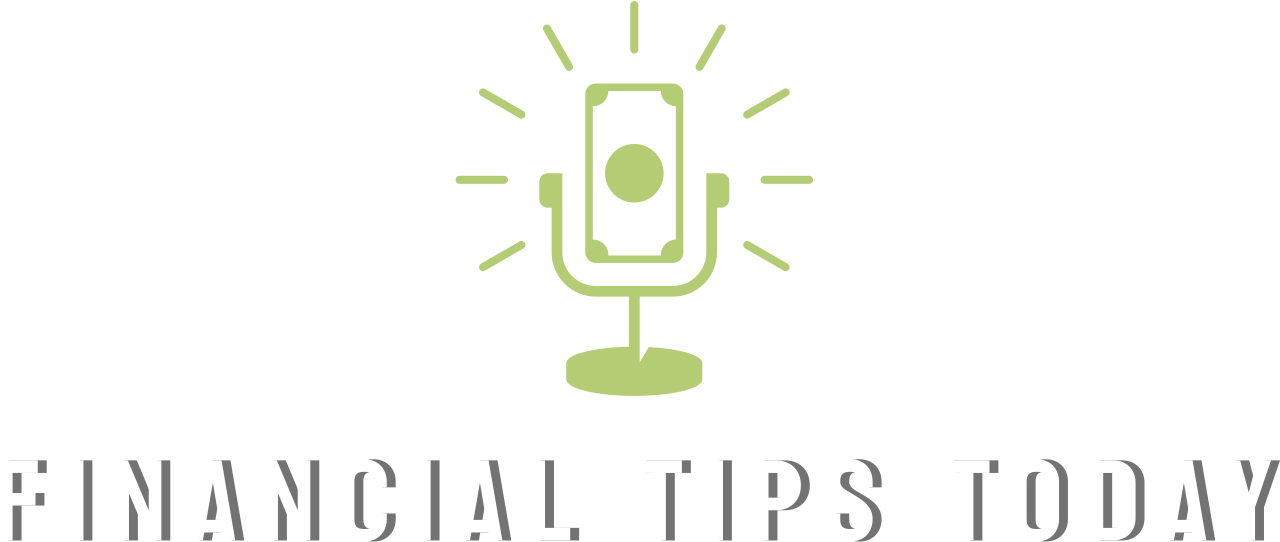You might have heard of a HYSA or High Yield Savings Account – a financial tool that can give your savings a substantial boost. Maybe you’ve considered it once before by never taken the leap to sign up for one. If you’re on the fence or just want to know more about the HYSA as a investment vehicle, we’ll delve into what makes them an attractive choice and highlight the areas where they may fall short.
The Pros:
1. High Interest Rates: The core benefit of a High Yield Savings Account is in its name – the high yield. These accounts offer interest rates that are significantly higher compared to your regular savings account. This means your money grows faster, and you earn more without actively investing elsewhere.
2. Safety in Savings: One of the key advantages of HYSA is the safety it offers. Most HYSA are protected by either the FDIC (Federal Deposit Insurance Corporation) or NCUA (National Credit Union Administration). This insurance means that up to $250,000 of your money is secure, providing peace of mind.
3. Emergency Fund Growth: HYSA can be like turbochargers for your emergency fund. Your money remains safe and accessible, ready to serve you when you need it most. It’s a reliable and fruitful option to grow your safety net.
4. Minimal Risk: When it comes to risk, High Yield Savings Accounts are on the safer side. Unlike some other forms of investments, your money won’t experience drastic highs and lows due to market fluctuations. It’s a secure place to park your funds.
5. Low Fees, High Returns: Most HYSA come with minimal fees, ensuring that you retain more of your money. This means you get to enjoy the benefits of higher interest without a significant portion being eaten up by charges.
The Cons:
1. Inflation’s Challenge: While HYSA offers higher interest rates, it might not always outpace inflation. In essence, this means that over time, the real value of your money might not grow as much as you’d like.
2. Withdrawal Limits: Unlike a regular savings account, HYSA might limit how often you can withdraw your money. This can be a drawback if you need frequent access to your funds.
3. Minimum Balance Hassles: Some High Yield Savings Accounts require you to maintain a minimum balance. If your balance falls below this threshold, you might face penalties or receive lower interest rates.
4. Opportunity Cost: While HYSA is secure, it might not offer the high returns associated with riskier investments. It’s a trade-off between safety and the potential for higher gains.
5. Choose Wisely: Not all High Yield Savings Accounts are the same. It’s essential to compare them to find the one that aligns with your financial goals, offering the best interest rates and terms.
Wrapping Up:
High Yield Savings Accounts act as the dependable workhorses of the financial world. They are steady, safe, and supportive of your savings journey. However, they might not be the fastest racers in the long-run when it comes to substantial growth. It’s all about finding that balance between security and potential gains.





 GOOGL
GOOGL  META
META
Leave a Comment